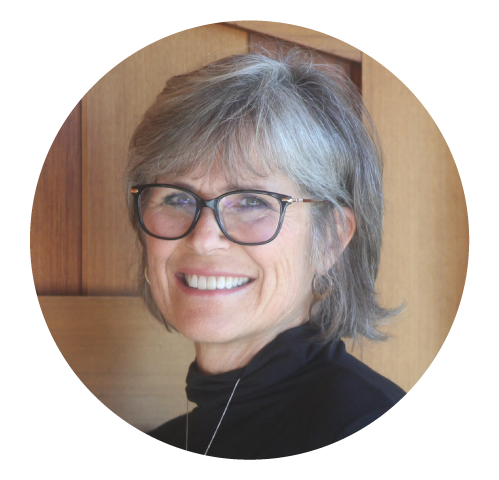When our son was three and a half, my husband and I were in a hurry to get him involved in soccer with other little children. We had some preconceived idea in mind of our little guy and his future life in sports. So we signed him up at the local YMCA for Wee-Folks Soccer. Twelve 3- and 4- year olds met at the nearby park, each one proudly carrying their own checked ball. Try as they might, the coaches were unsuccessful in getting the kids to leave their balls on the sidelines and share one game ball. Forget about running or passing drills. This was the pre-school version of herding cats. The coaches learned pretty quickly that they were not coaching children, they were coaching parents.
Still, we happily anticipated the second practice. On a sunny Saturday morning, we had chairs and snacks and sunscreen and water bottles loaded into the car. There was no sign of Brian. We finally found him on our side yard, sitting in a pile of crushed granite – landscape rocks! – lost in his own world, bent over, picking through a particular small mound, his face inches from the ground. “Let’s go, Brian! It’s time for soccer practice!” He looked up at us unhappily. “I don’t want to go! It interferes with my playtime!”
That moment was my education to wonder. Never mind organized sports or supervised play group activities. Left to his own devices, our son was quite capable of being drawn into the world around him. I learned to empty little jean pockets full of “crystals” that he collected. He was happiest digging in dirt to inspect the bugs or worms under rocks. He even survived a few scorpion stings and cactus needles to the fingers all in the name of quiet exploration. A line of ants could occupy him for an hour or more. That impetus for discovery led him to building things, first with discarded wood or cardboard boxes and eventually Legos and ultimately rockets. Today he is part of the Mars Rover team at JPL. But the path that led him there made stops in high school photography classes and wilderness survival training, both of which were opportunities to hone his observation skills.
Wonder takes time. Wonder requires us to not hurry through our day, to not overschedule ourselves or our children. Wonder means playing with empty boxes when you’re one or two or five years old. It means having the discipline as the adult to not offer quick answers to a child’s questions. Children love the mysterious. They have a great capacity to ponder big questions without ready answers. And when we allow them the time to explore, their joy is contagious. If your life includes curious young children, practice this: “Hmm… I wonder… Maybe we should think more about that.”
With the onset of the pandemic, my now-adult son and his new wife undertook an effort to clear and clean off their apartment balcony. With some crates and green plants and folding camp chairs, they found a way to escape the confines of a small apartment and breathe some fresh air. Now, six months in to remote working, when I call, I might catch one of them sitting outside “just taking a break for some wondering.”


 Patricia Franz is a kidlit writer and published poet. She believes children, dogs, and sourdough have a lot to teach us about life, joy, and wonder. She has raised two boys, four dogs, and holds a master’s degree in Theology with a focus on children’s spirituality. Patricia, her husband, her Bernese Mountain dog, Bonny, and her sourdough starter split their time between the Arizona desert and the Sierra Nevada mountains.
Patricia Franz is a kidlit writer and published poet. She believes children, dogs, and sourdough have a lot to teach us about life, joy, and wonder. She has raised two boys, four dogs, and holds a master’s degree in Theology with a focus on children’s spirituality. Patricia, her husband, her Bernese Mountain dog, Bonny, and her sourdough starter split their time between the Arizona desert and the Sierra Nevada mountains. 